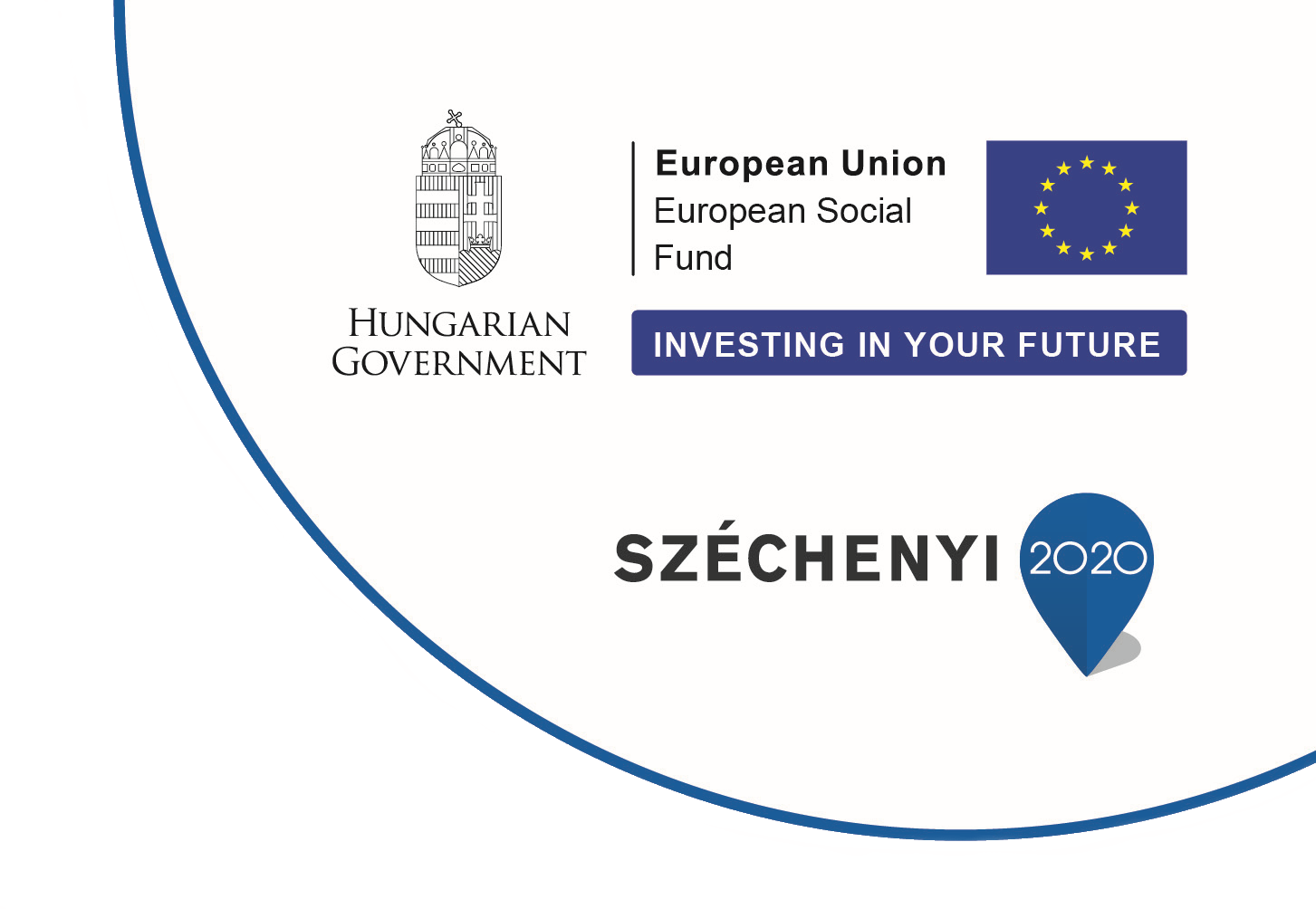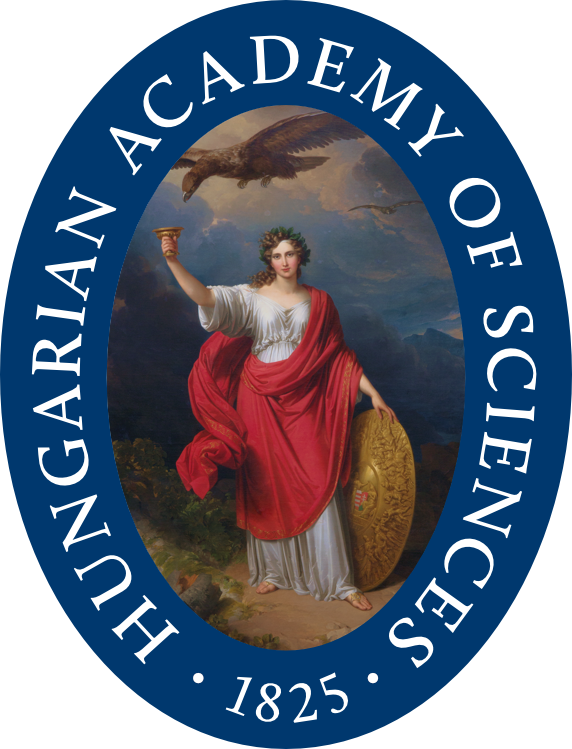Confirmed Invited Speakers
- Attila Bende - National Institute for Research and Development of Isotopic and Molecular Technologies (Cluj, Romania)
- Lorenz Cederbaum - University of Heidelberg (Heidelberg, Germany)
- Genes Claudiu - Max Planck Institute for the Science of Light (Erlangen, Germany)
- Clàudia Climent - Universidad Autónoma de Madrid (Madrid, Spain)
- Péter Dombi - Wigner Research Centre for Physics (Budapest, Hungary) and ELI-ALPS Research Institute (Szeged, Hungary)
- Fabien Gatti - Université Paris-Saclay (Paris, France)
- Groenhof Gerrit - University of Jyväskylä (Jyväskylä, Finland)
- Felipe Herrera - Universidad de Santiago de Chile, Chile
- Franco Ignacio - University of Rochester (Rochester, USA)
- Reinhard Kienberger - Technical University Munich (München, Germany)
- Markus Kowalewski - Stockholm University (Stockholm, Sweden)
- Alexander Kuleff - University of Heidelberg (Heidelberg, Germany)
- Mikhail Lemeshko - Institute of Science and Technology Austria (Vienna, Austria)
- Fernando Martín - Universidad Autónoma de Madrid (Madrid, Spain)
- Ladislau Nagy - Babeş-Bolyai University (Cluj, Romania)
- Mariusz Pawlak - University of Torun (Torun, Poland)
- Raphael Ribeiro, University of California San Diego, CA, USA
- Michael Ruggenthaler - Max Planck Institute for the Structure and Dynamics of Matter (Hamburg, Germany)
- Ignacio Sola - Universidad Complutense de Madrid (Madrid, Spain)
- Tamás Szidarovszky - Eötvös Loránd University (Budapest, Hungary)
- Katalin Varjú - ELI-ALPS Research Institute (Szeged, Hungary)
- Oriol Vendrell - University of Heidelberg (Heidelberg, Germany)
- Thomas Weinacht - Stony Brook University (New York, USA)
Organizers
Ágnes Vibók
András Csehi
Péter Badankó
The scope of the Workshop
The natural time scale for the motion of atoms in molecules lies within the femtosecond time domain. Recent progress in laser technology has made it possible to generate light pulses with typical duration of a few hundred attoseconds to a few femtoseconds. This has triggered the development of several techniques aimed at studying material properties that involve elementary physical processes occurring on an ultrafast time scale. The field of research is rapidly growing and protocols have been adopted for studying different dynamical properties and features of molecules starting from small diatomics to significantly large polyatomic systems.
Ultrafast dynamics can be initiated in an optical or microwave cavity as well. Describing the photon-matter interaction within the formalism of cavity quantum electrodynamics is an emerging field. It has been successfully demonstrated, both experimentally and theoretically, that the quantized photonic mode description of the electromagnetic field can provide an alternative solution for studying adequately the light-molecule interactions, quantum control situations, etc.
The aim of the present workshop is to bring together scientists working on different aspects of ultrafast processes, such as classical and quantum light-induced events. The main focus is the development of new theoretical and computational approaches that enable an accurate and reliable description of the various dynamical processes involved in this context.
Organizational information
The workshop will be held in the guest house of the Hungarian Academy Science, Mátrafüred (in the Mátra mountain), a small village in the mountain of Mátra near Gyöngyös (about 80 km from Budapest). All participants will stay at the residence, and food will be provided there as well, starting with dinner on Sunday, Apr. 19, until breakfast on Thursday, Apr. 23. For further details and travel information see the venue page.
Registration deadline is January 31, 2020.
There is no registration fee, all local costs are covered by the organizers. Travel to and from the venue is not included, however. The workshop is supported by the European Union funded Hungarian Grant EFOP-3.6.2-16-2017-00005.


